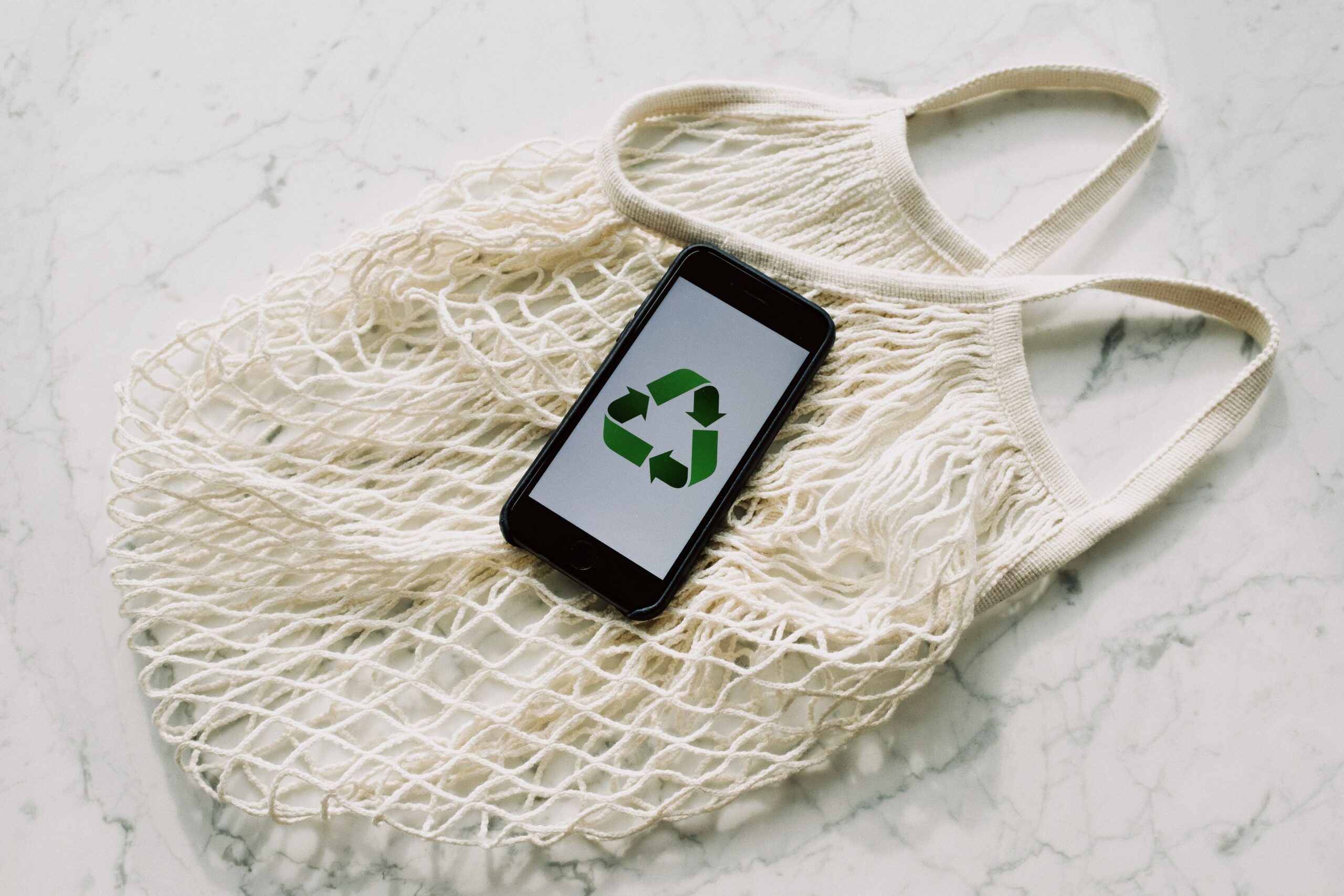Sustainability has become a buzzword these days. For us, it is a mindset that inspires us to think of the outcomes before taking any action or making choices. Just like everything else, embracing sustainability begins at the top, and at Consulting Quest, we thank our CEO, Helene for embedding sustainability into our business strategy and operations.
A degree-holder in Environmental Science, Helene’s tryst with sustainability started back in the early 2000s when she played a critical part in building an environment-friendly grid for the energy giant Engie.
This experience has shaped our company’s views on sustainability and being eco-friendly. We believe that businesses can be a force for good in the world and that by working together, we can create a more sustainable future.
To put these beliefs into action, we are constantly looking for new ways to reduce our environmental footprint. This might involve anything from using recycled materials for our daily work to finding more efficient ways to run our operations.
We also know that it’s not enough to just talk about sustainability – we have to actually do something about it. And that’s what we’re committed to doing at Consulting Quest. Together, we can make a difference!
What Does Sustainability Mean in Business?

In today’s business world, the term “sustainability” is used a lot. But what does it actually mean? Essentially, sustainability is about meeting the needs of the present without compromising the ability of future generations to meet their own needs.
This means that businesses need to find ways to operate in a way that doesn’t deplete natural resources or damage the environment. Of course, this is easier said than done.
But there are a number of ways that businesses can make a difference, such as by reducing energy uses and using and investing in renewable energy wherever possible, using recycled and green office products, encouraging eco-friendly behaviors inside and outside office, reducing waste and collaborating with sustainable organizations.
By taking these steps, businesses can help to create a more sustainable future for us all.
At CQ Sustainability is in The Front and Center of Our Purpose. Why Do We Consider It So Important?

Sustainability is important to us at Consulting Quest because it is essential to the health and well-being of our planet and all its inhabitants. We are committed to doing our part to protect the environment and promote sustainability, because we believe that it is the right thing to do.
We can go on and on explaining why sustainability is so important to us, but if we are to pick out the top ones, they would include:
- Saving money is always good for business. And eco-friendly technologies and practices can lead to significant savings in energy and time (not to mention waste reduction).
- The “green” reputation of an earth-friendly business is persuasive enough for savvy investors and new customers alike. Consumers are more than likely to switch to brands that support sustainable practices (such as recyclable packaging).
- It’s not just about attracting qualified employees – it’s about retaining them. A brand supporting sustainable practices can attract workers who will perform better and be more satisfied with their workplace. In other words, investing in sustainability can save you resources in the long run (namely, the recruitment process).
- Finally, the focus on sustainability can introduce new job titles such as CVO (Customer Value Officer), wind energy engineers, passive solar building designers, and more. In other words, sustainability = job creation.
These are just a few of the reasons why sustainability is so important to us at Consulting Quest. We are continually looking for ways to reduce our environmental impact and do our part to build a sustainable future for all.
At Consulting Quest How Do We Walk the Talk?
We’re all in this together is not just a platitude at Consulting Quest. When it comes to sustainability, we truly believe that collective action is required to make a significant and lasting impact.
We, at Consulting Quest, take a holistic approach to sustainability, working with our clients and suppliers to find innovative solutions that address environmental, social and governance issues.
In addition, we lead by example, adopting sustainable practices throughout our own business operations. From reducing energy consumption to investing in pro bono projects for sustainability-engaged NGOs, we are committed to doing our part to build a more sustainable future for all.
A Few Exclusive Sustainability Tips for Businesses

As the world becomes more aware of the importance of sustainability, businesses are under pressure to clean up their act. But going green can be a daunting task, especially for those who are just starting out. To help you on your journey to sustainable success, here are a few tips:
#1. Educate your employees: Make sure everyone on your team is on board with your sustainability goals. Conduct regular trainings on topics like energy efficiency and waste reduction.
#2. Evaluate your supply chain: Take a close look at your supply chain and identify areas where you can improve. For example, Adidas has made its supply chain greener and promised that by 2025, nine out of ten of its products will be made from materials that are safe for the environment.
#3. Go paperless: One easy way to reduce your environmental impact is to ditch paper altogether. Invest in digital systems and encourage your employees to use them whenever possible.
#4. Implement an energy-efficiency strategy: From replacing old light bulbs to installing solar panels, there are many ways to make your business more energy-efficient. For example, Unilever wants its products to have net-zero emissions by 2039, and Nestlé wants its supply chain to have no deforestation by 2023. Nestlé has also promised to have 100% recyclable or reusable packaging by 2025.
#5. Give back to the community: Sustainability isn’t just about reducing your environmental impact; it’s also about giving back to the community. For example, JetBlue has signed on to the UN’s Sustainable Development Goal 13 (Climate Action) and is looking into options for its fleet of planes that use fuel from renewable sources.
Quick Round-up
Let us now round this up with a bit of a reality check regarding where we stand on the target to limit the temperature increase to 1.5°C as per the 2015 Paris Agreement.
The picture that emerged from the recently concluded COP 27 summit is far from satisfactory. Limiting global warming to 1.5°C now seems practically impossible. Average global temperatures have been rising steadily for 40 years.
It’s high time, we stop debating and start acting. We only hope with a great deal of optimism that the set of 11 measurable and high-impact climate action goals that were defined in the COP 27 summit will encourage both governments and corporations to make every decision with the future in mind.
As experts in consulting and procurement, we at Consulting Quest believe that consulting has a big role to play in promoting strategies for sustainable business development.







